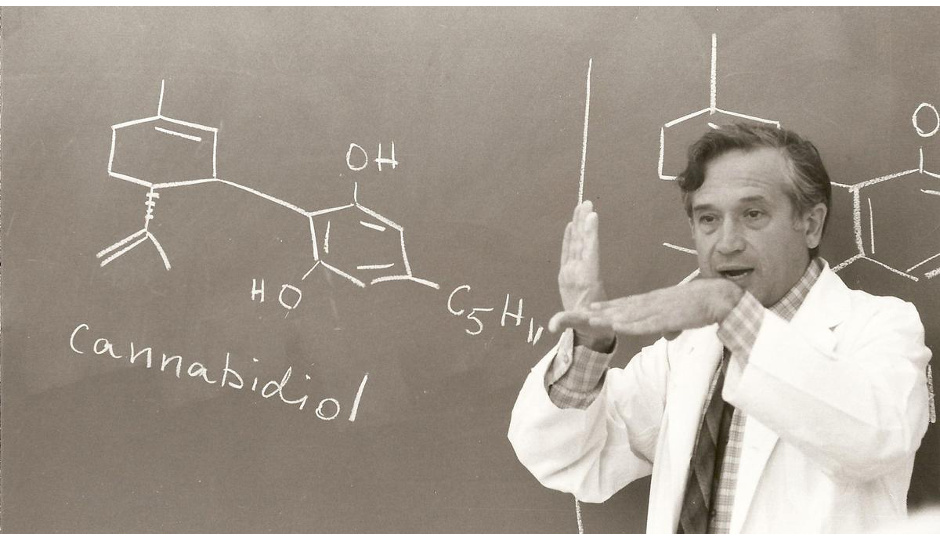THCB, or D9-tetrahydrocannabutol, is a phytocannabinoid found in the cannabis plant. It is a homologue of tetrahydrocannabinol (THC), the main psychoactive component of cannabis. Structurally, the two compounds differ only in that the pentyl side chain of THC is replaced by a butyl side chain in THCB
In the cannabinoid universe, THCB is a relative newcomer, but it has certainly made a great entrance. This trace cannabinoid, discovered as recently as 2019, has quickly piqued the interest of researchers and consumers alike.
Despite its novelty, it is important to approach THCB with informed caution. Its psychoactive nature may seem appealing, but it's not the best starting point for those just beginning to explore the growth effects of cannabis. Those seeking a weaker psychoactive experience with cannabis would be better off avoiding THCB.
The high THCB can be as intense as regular THC and without understanding your tolerance, you could easily feel uncomfortable.
Similar to THC and THCP, THCB can produce psychoactive effects, albeit with unique characteristics.
This difference in molecular structure changes the way THCB interacts with the body's endocannabinoid receptors and explains its distinct effects.
Some experts believe that THCB's unique shape gives it a slightly stronger binding affinity with CB1 receptors in the brain, promising a psychoactive kick, potential analgesic properties and possible anti-inflammatory effects.
Despite the lack of information about this new and exciting compound, THCB is believed to have strikingly similar effects to regular THC, but with one key difference: increased potency, perhaps 5 to 10 times more potent!
The compound has a higher affinity for cannabinoid receptors due to its butyl side chain, as opposed to the pentyl side chain of delta 9, making THCB much more potent than THC.
How long does THCB stay in your system?
The length of time THCB stays in your system depends on your metabolism, body mass, frequency of use, and dosage. Although research on THCB is lacking, its similarity to THC suggests that it can remain in the system for days to weeks.
Can THCB show up in drug tests?
While standard drug tests are designed to detect THC, it is not clear whether they will also take THCB. The chemical structures of THC and THCB are similar, so there is a chance that THCB will cause a positive result. However, more research is needed to confirm this.
Like its cannabinoid siblings, THCB contains 21 carbon atoms, 30 hydrogen atoms and 2 oxygen atoms. But the magic lies in the arrangement of these atoms, which makes THCB unique from its cousins.
THCB has similar effects to Delta 9 - including deep sleep, anti-inflammatory effects and pain relief - and a huge potency that makes it an ideal candidate for those who want to experience a high more intense than THC.
Products with THCB can be found by clicking Here.
